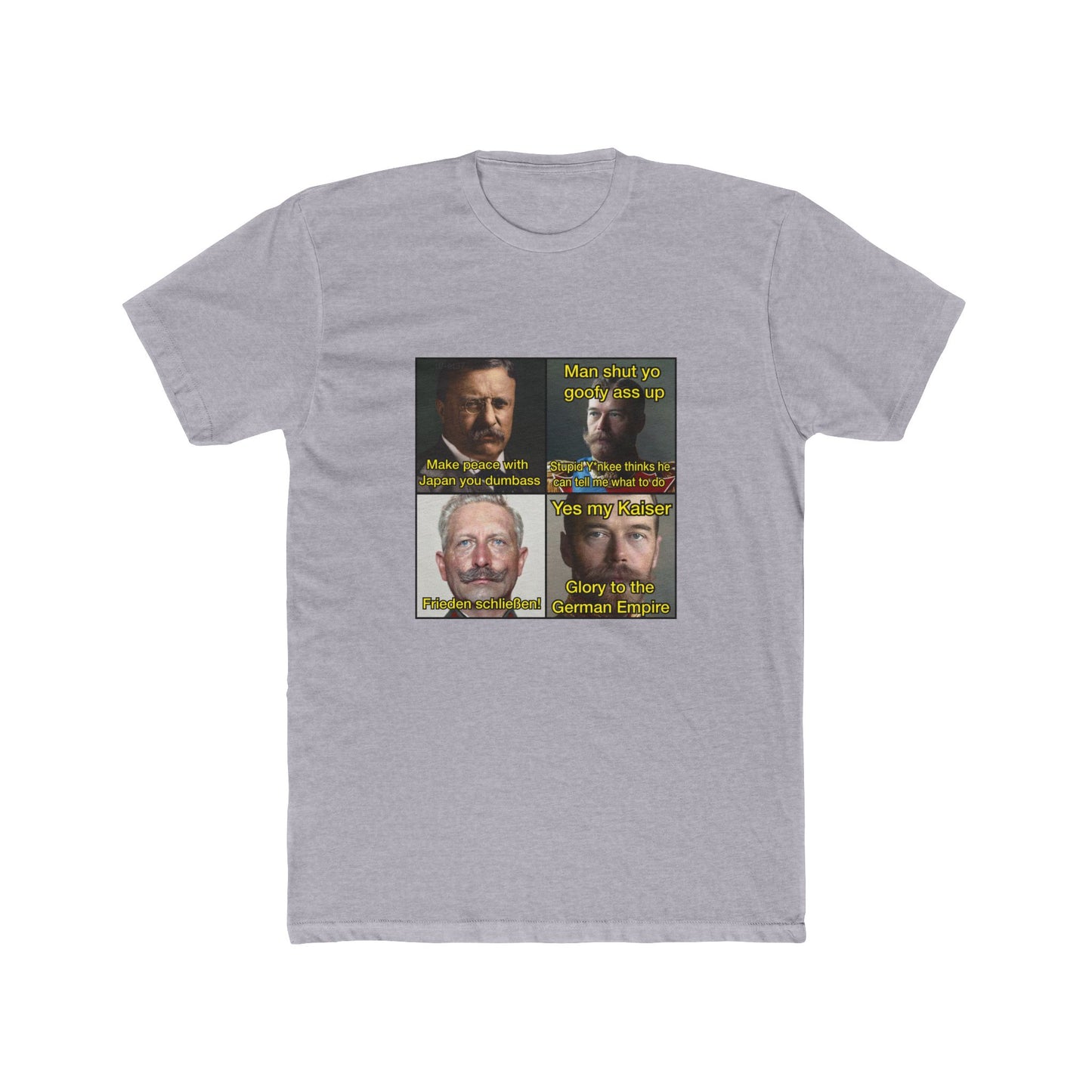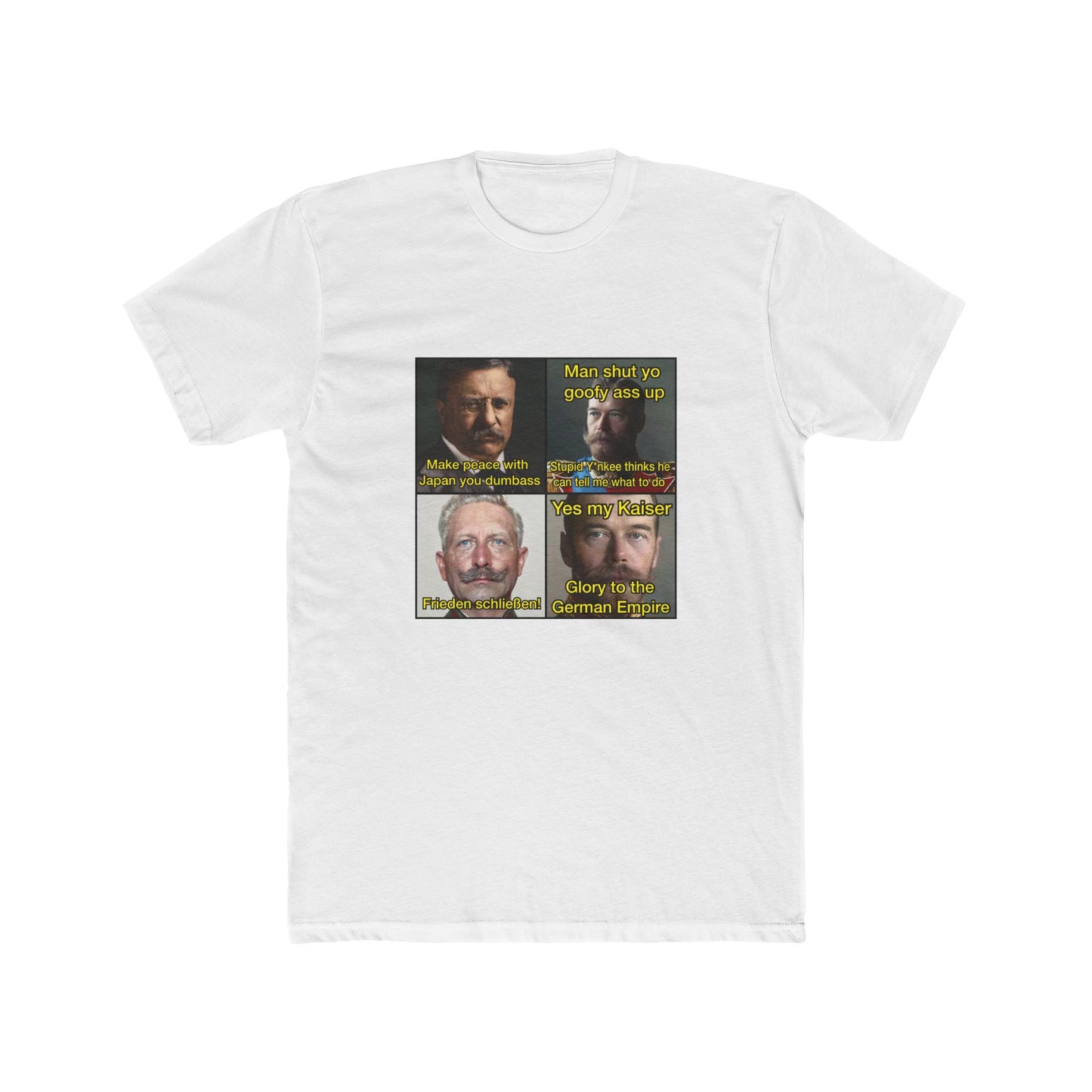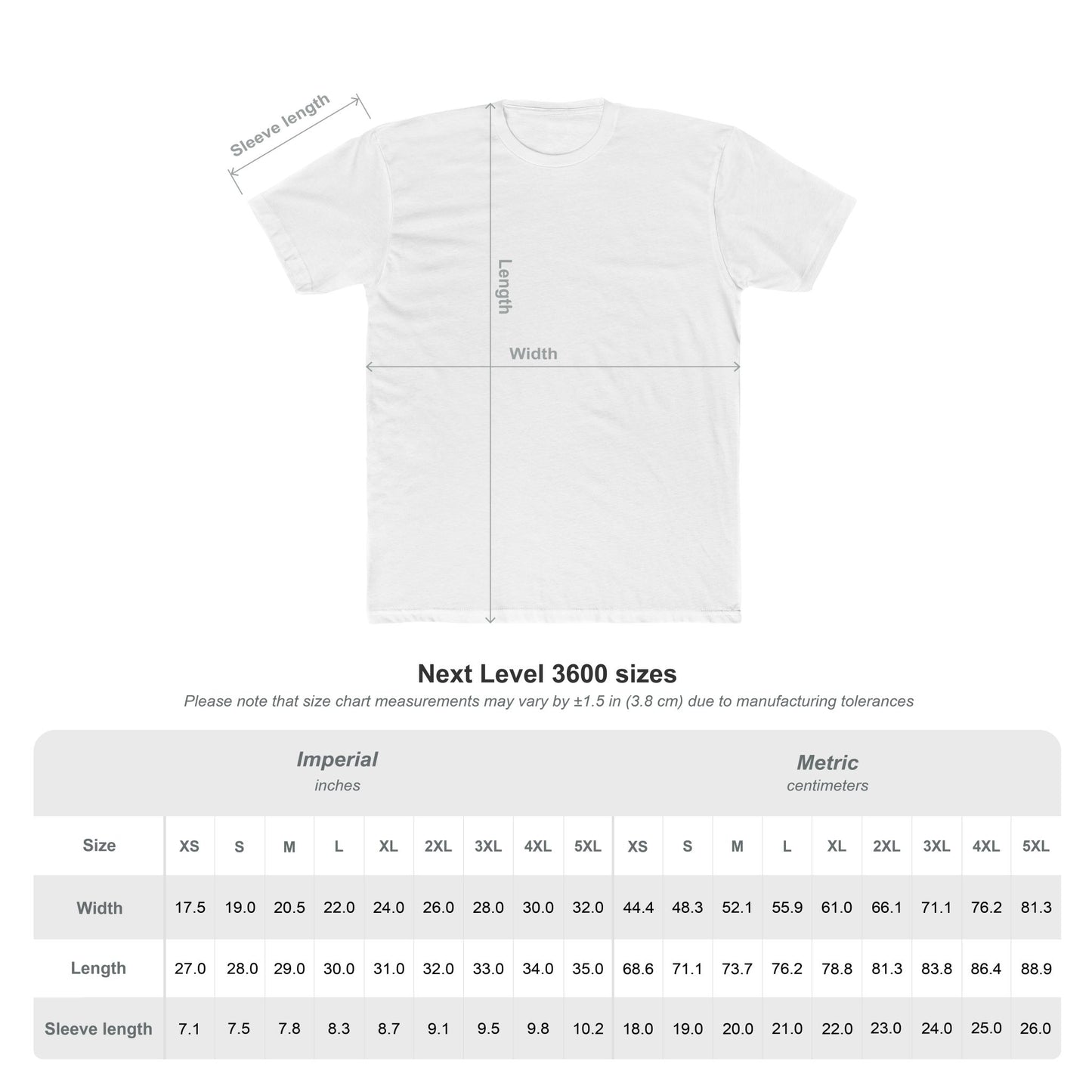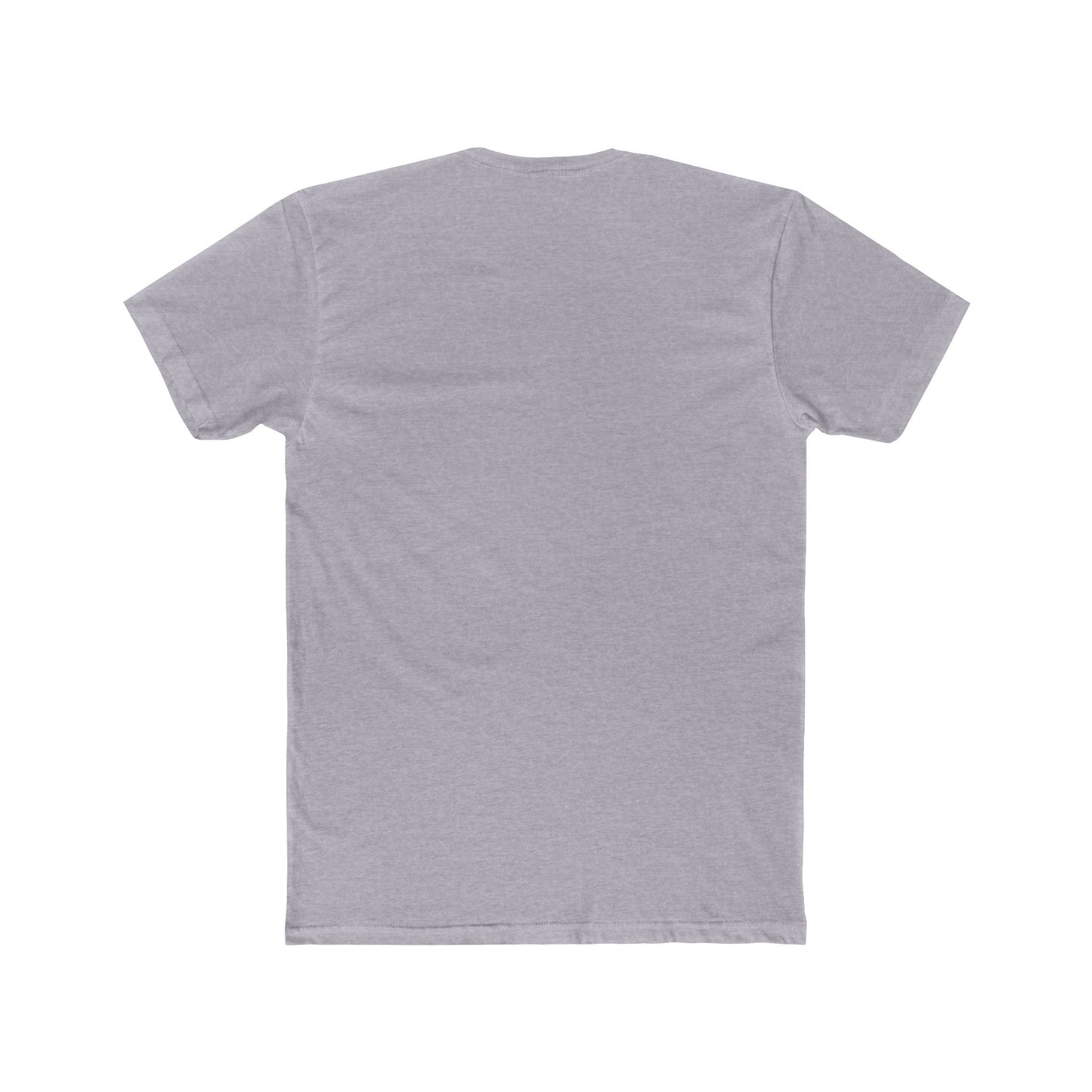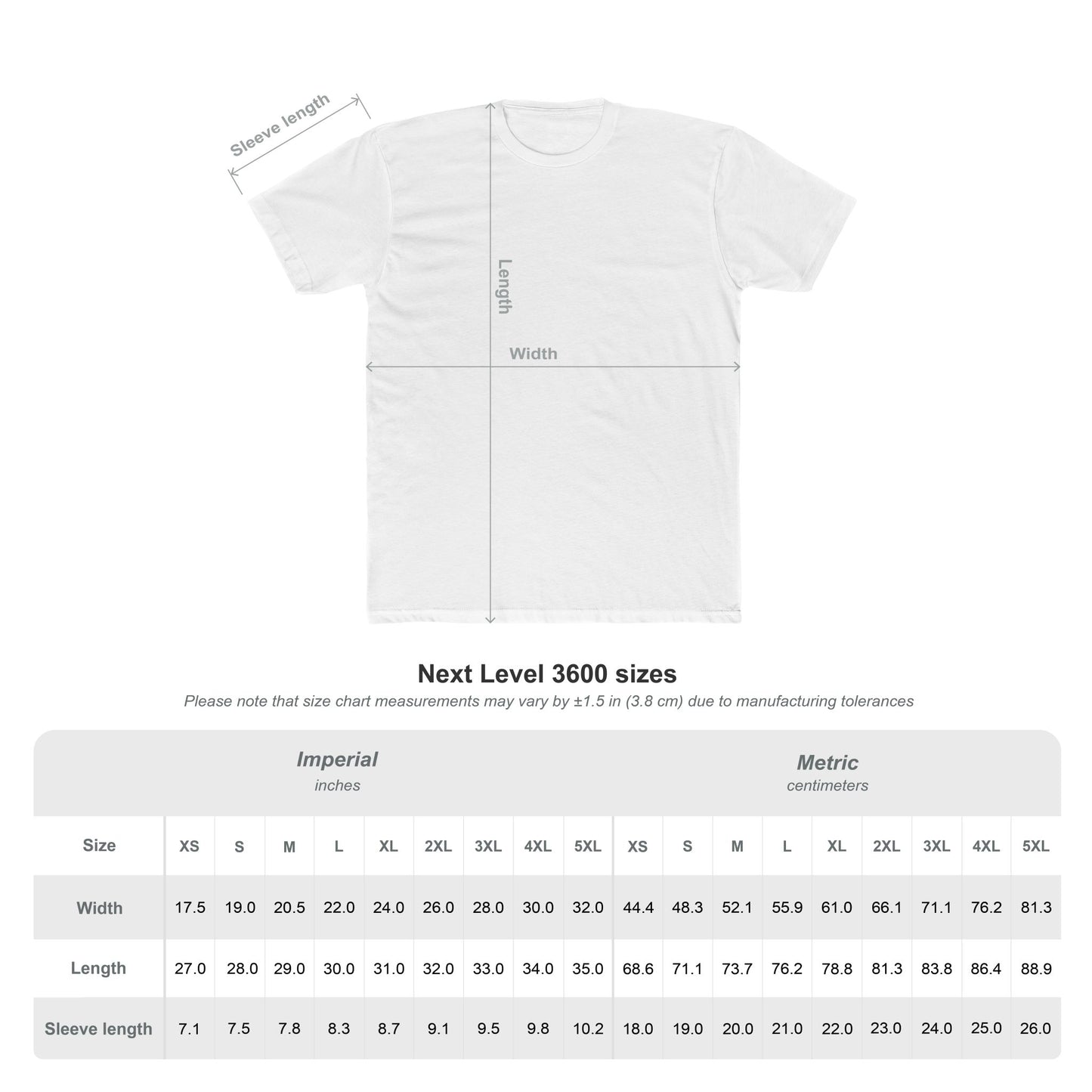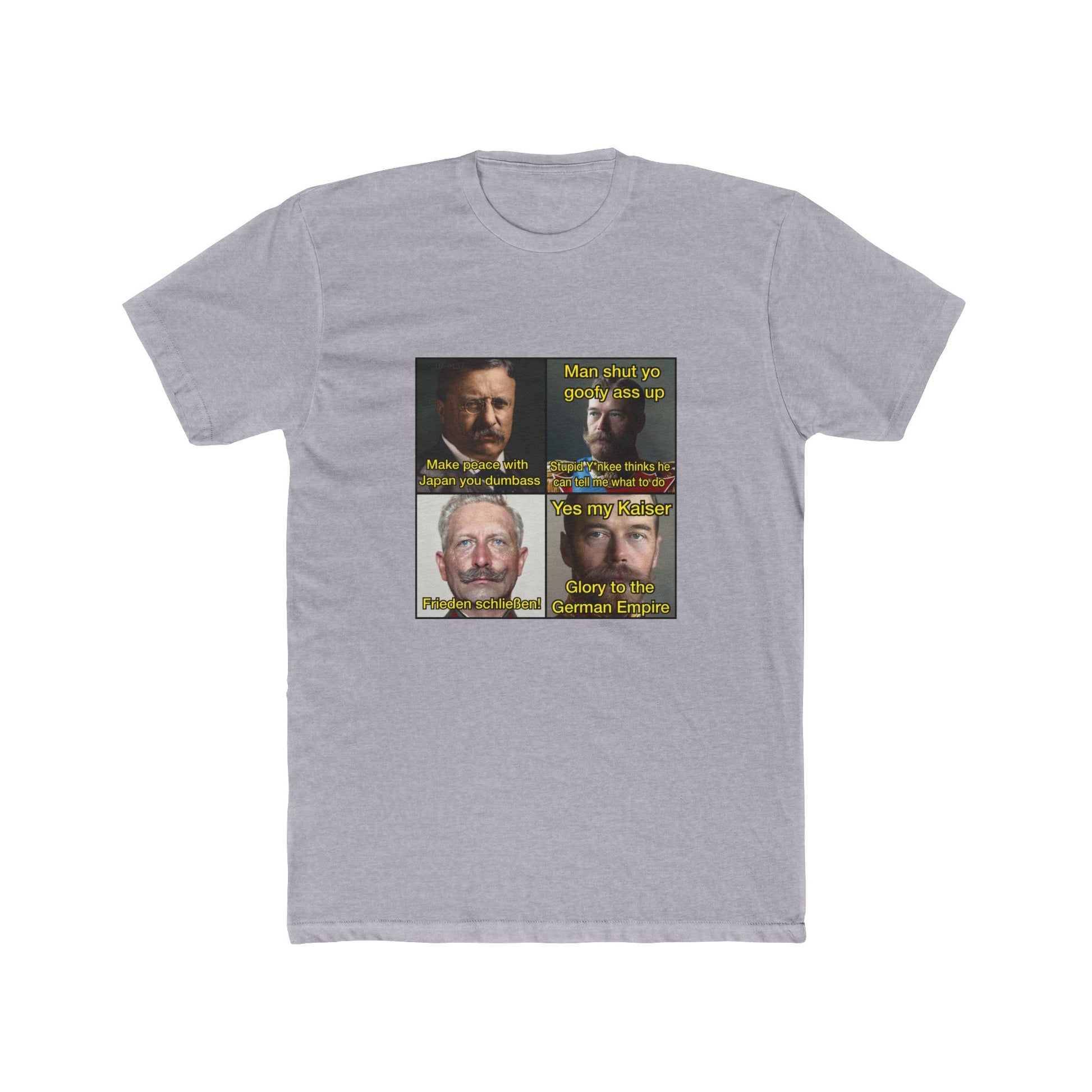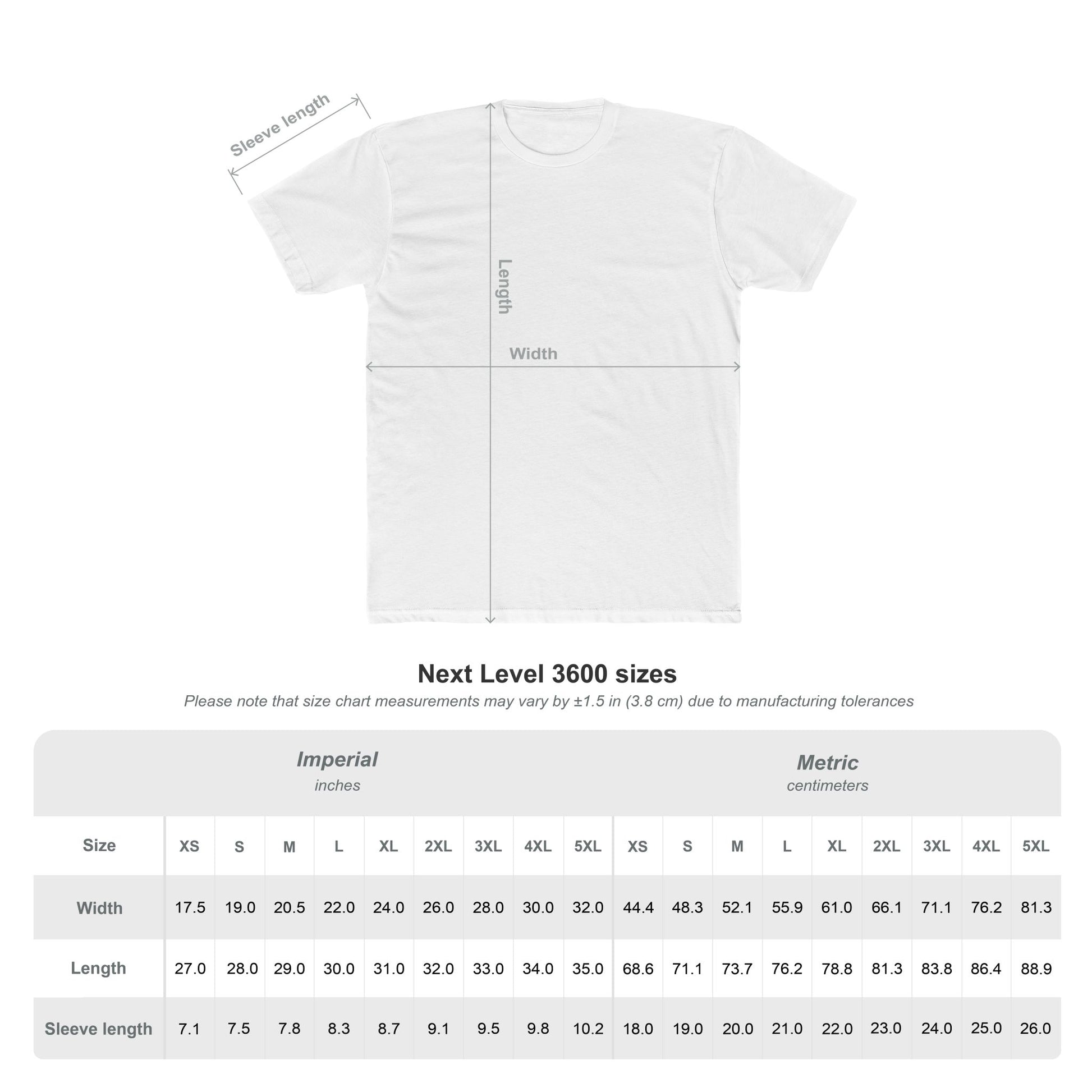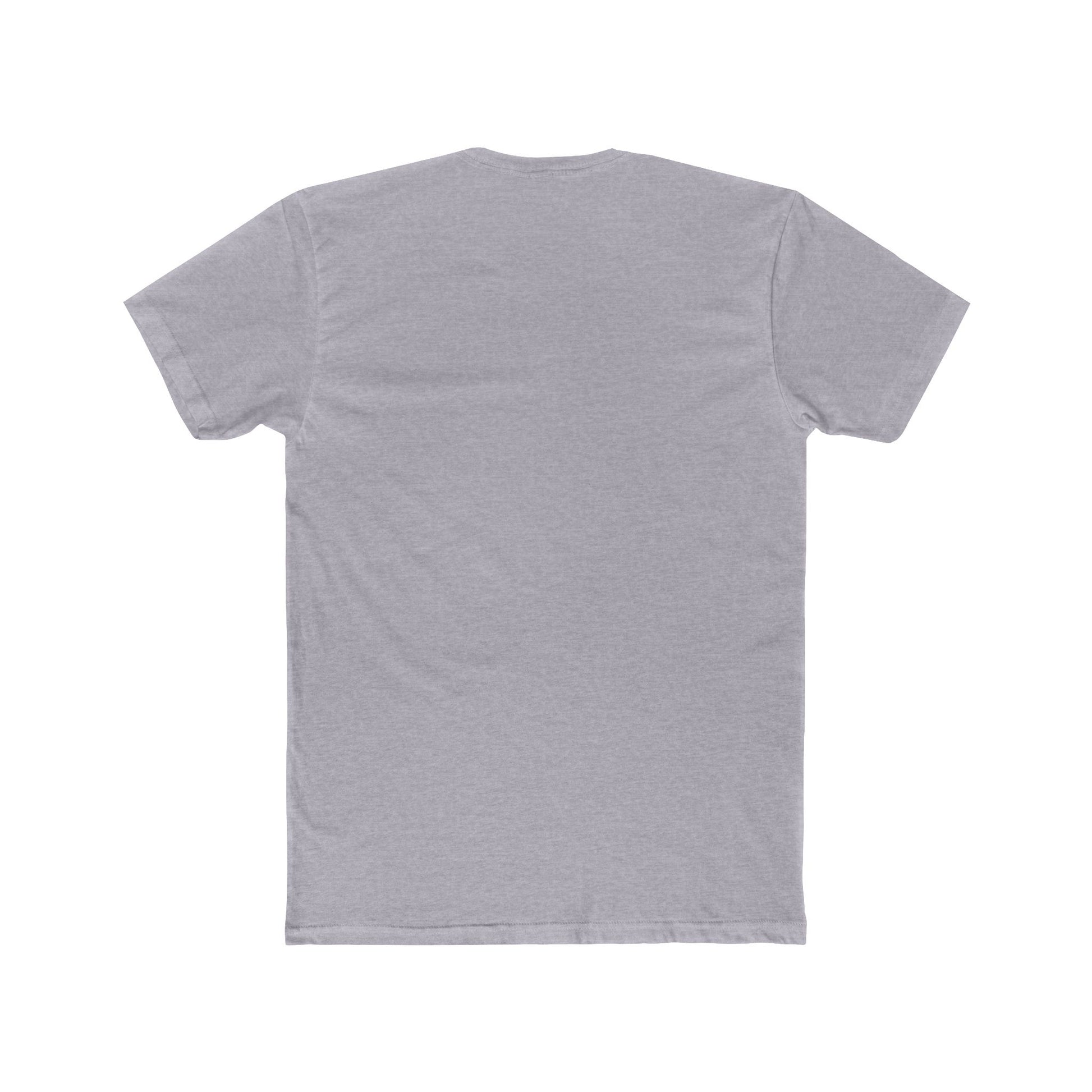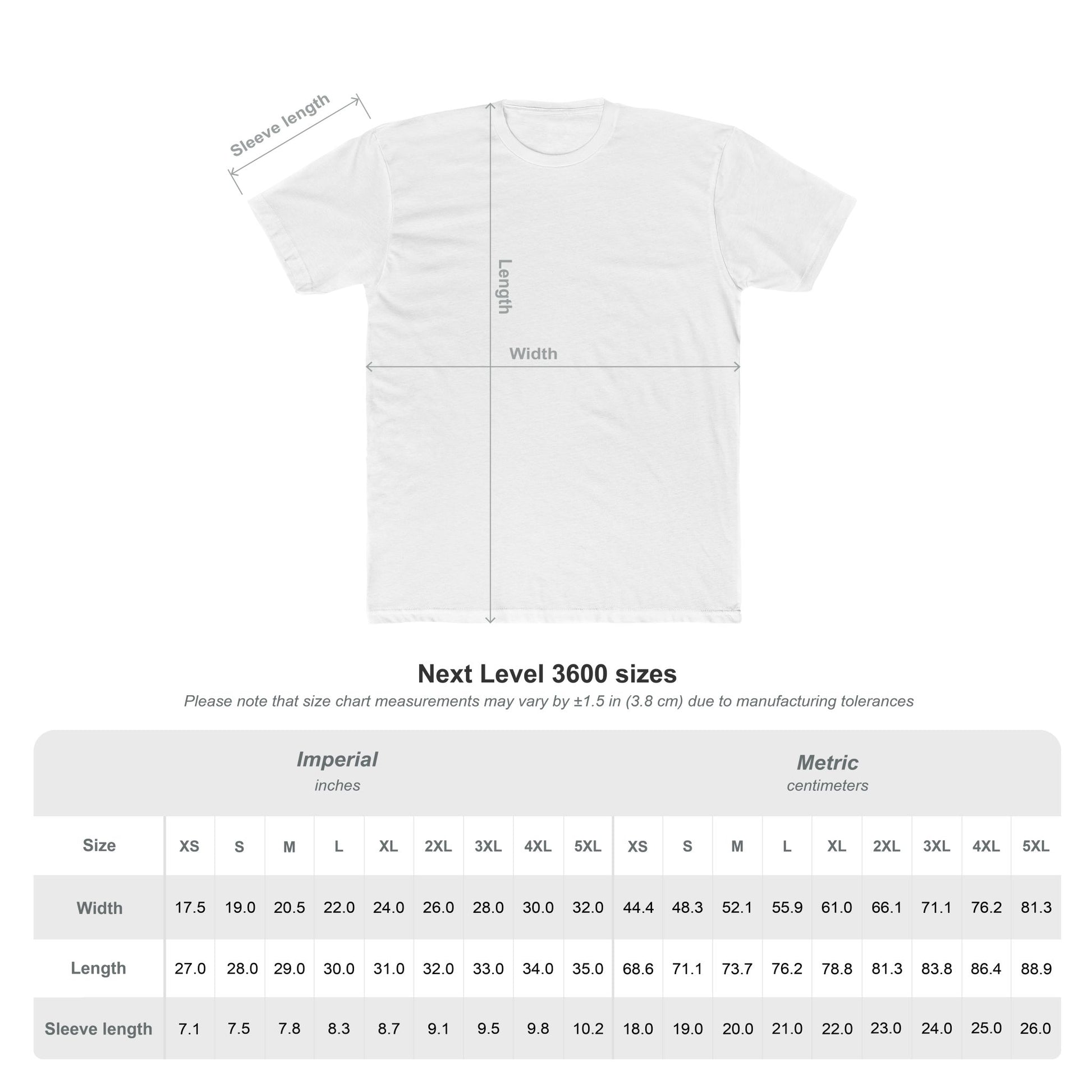1
/
of
5
When the President of the US gets your cousin to tell you to stop acting like an idiot.
When the President of the US gets your cousin to tell you to stop acting like an idiot.
Regular price
£16.99 GBP
Regular price
Sale price
£16.99 GBP
Unit price
/
per
Taxes included.
Couldn't load pickup availability
[Diplomatic](https://www.reddit.com/r/HistoryMemes/s/UPohyNX2TV) maneuvering dealt with, Theodore Roosevelt managed to get both the Russians & Japanese on board for peace negotiations. Despite his earlier acceptance of Washington as the site of the Russo-Japanese conference, Roosevelt succeeded in deflecting the negotiations several hundred miles. Summers in the capital were trying even for the natives, the president pointed out; for diplomats from the cooler climes of Russia and Japan, August would be downright debilitating. New England would be far more comfortable. Besides, he wasnt going to be in Washington anyway but would have relocated to the summer White House at Oyster Bay. What went without saying was that an off-the-beaten-track location such as Portsmouth, New Hampshire, would help keep the conference from dissolving under the glare of public scrutiny, and would limit, although certainly not prevent, a perception of presidential liability in ensuring a favorable outcome. En route to Portsmouth, the foreign envoys visited the president on Long Island. The chief Japanese negotiator, [Jutaro Komura](https://en.m.wikipedia.org/wiki/Komura_Jutarō), who arrived first and enhanced Roosevelts largely positive opinion of the Japanese. I have seen Baron Komura and am favorably impressed with him. Komuras counterpart, the Russian [Sergei Witte](https://en.m.wikipedia.org/wiki/Sergei_Witte), struck Roosevelt less well. Witte, Roosevelt complained to Cecil Spring Rice, had talked like a fool to the press regarding Japan. The only possible justification of his interviews is to be found in his hope that he may bluff the Japanese; in which he will certainly fail. The central sticking point of the talks was whether Russia would pay an indemnity to Japan. The Russians, having lost so much already, naturally resisted having to give up more. The Japanese quietly set aside a number of their initial demands, and were willing to entertain a smaller payment from St. Petersburg than they had initially proposed. This struck Roosevelt as fair of Tokyo, and he told the Russians as much. He wrote Tsar Nicholas urging him to accept. It seems to me that if peace can be obtained substantially on these terms, the president said, it will be both just and honorable, and that it would be a dreadful calamity to have the war continued when peace can be thus obtained. When the Russians still balked, he wrote to Kaiser Wilhelm II of Germany, hoping that the familial bond could sway the Tsar. Japans terms, the president declared, were “extremely moderate. But the Tsar seemed distrustful of anything that came from Washington. “I feel that you have more influence with him than either I or anyone else can have. As the situation is exceedingly strained and the relations between the plenipotentiaries critical to a degree, immediate action is necessary. Can you not take the initiative by presenting these terms at once to him? Your success in the matter will make the entire civilized world your debtor. When Russia STILL refused, Roosevelt grew frustrated. The Japanese ask too much, but the Russians are ten times worse than the Japanese because they are so stupid and wont tell the truth. No human beings, black, yellow or white, could be quite as untruthful, as insincere, as arrogant-in short as untrustworthy in every way—as the Russians under their present system. I was pro-Japanese before, but after my experience with the peace commissioners I am far stronger pro-Japanese than ever. After days of deadlock, the Japanese dropped their indemnity charge, and on this the Russians finally agreed. Tell Baron Komura that I am overjoyed at the news, Roosevelt wired Portsmouth. To the Japanese emperor he conveyed his earnest congratulations upon the wisdom and magnanimity Japan had displayed. Roosevelts message to Russias Nicholas was more restrained. I congratulate you upon the outcome, he told the czar, and I share the feelings of all other sincere well-wishers to peace in my gratitude for what has been accomplished. To Germanys Wilhelm, Roosevelt expressed his profound appreciation for the Kaiser’s cooperation. Privately, Roosevelt credited Tokyo for the settlement. I think the Japanese government has acted most wisely, he said. Regarding the Russians, he was still angry. There were moments during the peace conference at Portsmouth, he confided to Arthur Lee, when I earnestly wished I could get the entire Russian government to the top of Coopers Bluff and run them violently down a steep place into the sea! Yet now that it was over, the president was satisfied with the solution. For his part in the [Treaty of Portsmouth](https://en.m.wikipedia.org/wiki/Treaty_of_Portsmouth), Roosevelt was awarded the Nobel Peace Prize, the first American to receive one. Source: T.R., The Last Romantic, pages 536-540
What year did this happen?
The hilarious part is that Russia got an amazing deal by being cringe assholes, but despite that Vitte was called Graf Polusakhalinsky - Count Half-Sakhalinsky - because a lot of people viewed the treaty as his failure. I guess you cant make people happy.
Printed on demand by Printify. Ships from the US or UK depending on location.
This shirt is made from responsibly sourced materials and printed using sustainable practices. To care for your shirt, machine wash cold inside-out with like colors and tumble dry low. Do not iron directly on the print.
What year did this happen?
The hilarious part is that Russia got an amazing deal by being cringe assholes, but despite that Vitte was called Graf Polusakhalinsky - Count Half-Sakhalinsky - because a lot of people viewed the treaty as his failure. I guess you cant make people happy.
Printed on demand by Printify. Ships from the US or UK depending on location.
This shirt is made from responsibly sourced materials and printed using sustainable practices. To care for your shirt, machine wash cold inside-out with like colors and tumble dry low. Do not iron directly on the print.
Share
